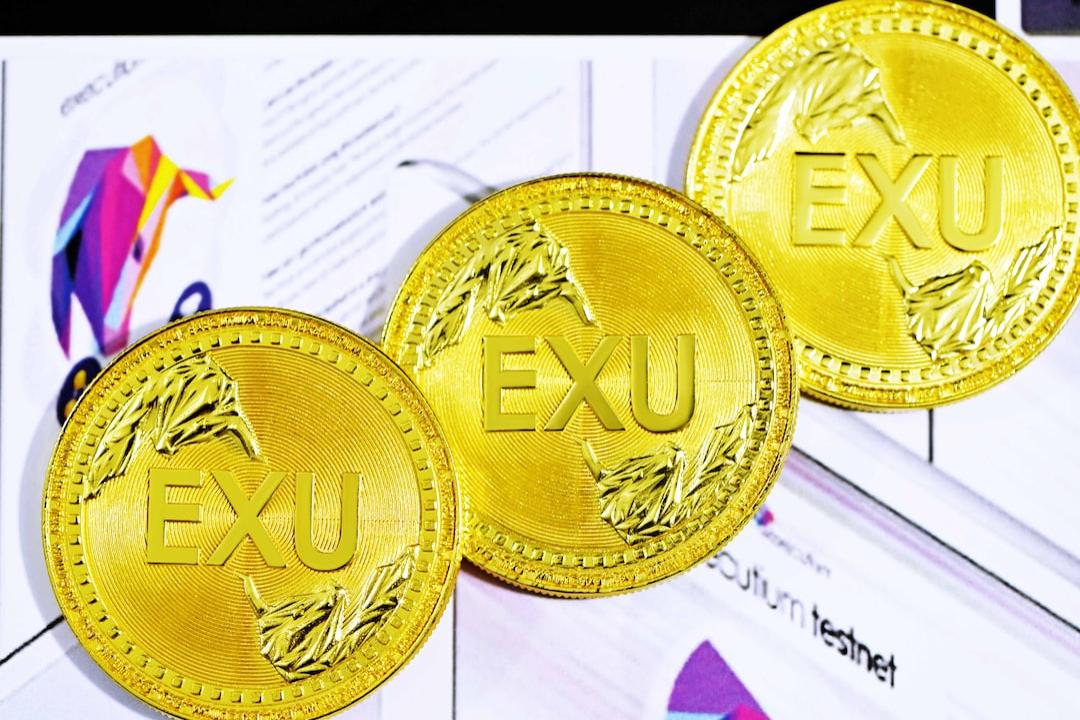**Updated February 12, 2025: Franklin Templeton Registers Solana Trust**
Asset management company Franklin Templeton has recently officially registered a trust linked to a Solana spot ETF in the state of Delaware, USA. This move is seen as an important step in the group’s active preparations to launch a Solana ETF.
Solana is currently one of the top five cryptocurrencies by market capitalization, with a market value of $97 billion, indicating its significance and influence in the market.
Several institutions have submitted applications to the U.S. Securities and Exchange Commission (SEC) for a Solana spot ETF, including Grayscale Investments, Bitwise, VanEck, 21Shares, and Canary Funds.
The official documents do not specify which exchange the ETF will be listed on; however, Franklin’s Bitcoin and Ethereum spot ETFs are currently listed on the Cboe BZX exchange.
The following is the original text from February 11, 2025.
**What Happened?**
Bloomberg analysts believe that the likelihood of the SEC approving a spot Litecoin ETF this year is as high as 90%, mainly because its S-1 and 19b-4 forms have been confirmed, and the SEC may consider it as a commodity.
In addition to Litecoin, ETF applications for Ripple, Solana, and Dogecoin are also underway, with analysts predicting a high probability of approval in 2025. This wave of ETF enthusiasm is related to the successful launch of Bitcoin and Ethereum spot ETFs, as well as Trump’s friendly stance towards cryptocurrencies.
The U.S. government’s position on cryptocurrencies has shifted to support, but XRP and Solana still face regulatory challenges. XRP must await the outcome of the SEC’s lawsuit against Ripple, while the security status of Solana also needs to be clarified.
**Bloomberg Analysts: High Probability for Litecoin ETF Approval**
Bloomberg ETF analysts James Seyffart and Eric Balchunas believe that the SEC has a 90% chance of approving a spot Litecoin ETF this year. They are also optimistic about other cryptocurrency ETF applications, including those for Ripple (XRP), Solana, and Dogecoin, predicting approval probabilities of 65%, 70%, and 75%, respectively, for 2025.
NEW:@EricBalchunas and I took a look at the filings for spot crypto ETFs. We’re putting out relatively high odds of approval across the board. Mainly focused on Litecoin, Solana, XRP, and Dogecoin for now.
Here’s the table with the odds and some other details:
The approval of cryptocurrency ETFs holds significant implications for the market and investors. It not only lowers the investment threshold, allowing more people to access cryptocurrencies, but also provides traditional investors with a more diversified set of investment options.
Through ETFs, investors can participate in the market more conveniently and securely, without needing to manage wallets and trades directly. Additionally, investors expect that the approval of ETFs will promote market development, enhance market awareness, and strengthen market regulation, thereby driving the overall growth of the cryptocurrency industry.
Since their launch in January and July 2024, Bitcoin and Ethereum spot ETFs have seen net inflows of $40.7 billion and $3.18 billion, respectively. With the successful launch of Bitcoin and Ethereum spot ETFs, combined with Trump’s friendly stance towards cryptocurrencies following his election, many experts and investors are actively watching for the next wave of possible cryptocurrency ETF applications.
Due to Litecoin’s S-1 and 19b-4 forms being submitted and confirmed, and the SEC potentially considering it as a commodity, it is currently the most likely cryptocurrency to receive approval in this batch of applications.
Although James Seyffart believes that the appeal of the Litecoin ETF may not match that of Bitcoin and Ethereum in their prime, he states that for the issuing company, securing $50 million in inflows would still be quite worthwhile.
**Final Decision Deadlines This Year: Will the Era of Large ETFs Arrive?**
The final decision deadlines for the SEC regarding Litecoin, Solana, XRP, and Dogecoin ETF applications will fall between October 2 and October 18. James Seyffart notes that the Litecoin ETF may be launched before this deadline.
Additionally, Canary Capital and 21Shares have also submitted ETF applications for Hedera (HBAR) and Polkadot’s DOT, but analysts have not assessed the likelihood of their approval.
James Seyffart anticipates that more cryptocurrency ETFs will be proposed in the future, and ETF issuers in the U.S. may even adopt a “net casting” strategy, launching various products to see which ones gain market traction.
He believes that in the long term, there could be a multitude of ETFs holding digital assets, while those that fail to attract attention or inflows may be liquidated.
Balchunas points out that, aside from Litecoin, the approval probabilities for other cryptocurrency ETFs were below 5% prior to the U.S. presidential election. However, following Trump’s election, the U.S. government’s position has shifted to be more supportive of cryptocurrencies, indicating that previous regulatory barriers hindering the development of the digital asset industry may be eliminated.
**Regulatory Environment Shifts, But XRP and Solana Still Face Challenges**
Despite the regulatory environment becoming more friendly, there are still issues that need to be resolved for XRP and Solana.
James Seyffart predicts that XRP’s ETF is unlikely to gain approval until the lawsuit between the SEC and Ripple is fully resolved. Ripple achieved a partial victory in August 2023, with the court ruling that XRP does not qualify as a security when sold on the secondary market. However, the SEC has appealed this ruling, claiming that Ripple violated securities laws when selling XRP to retail investors. Currently, Ripple hopes that the new SEC leadership will withdraw this case.
In addition, the security status of Solana also needs to be addressed for the SEC to analyze it under the “commodity ETF” framework.
Regardless, analysts believe that the likelihood of multiple cryptocurrency ETFs receiving SEC approval is increasing, reflecting the growing market demand for digital asset investment products and the potential changes in the regulatory environment.
**Sources: Cointelegraph, The Block**

